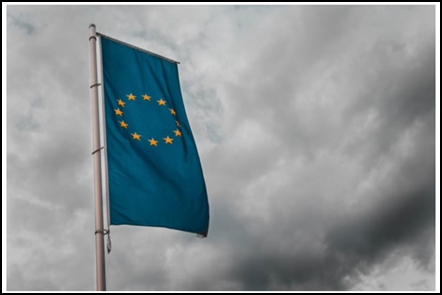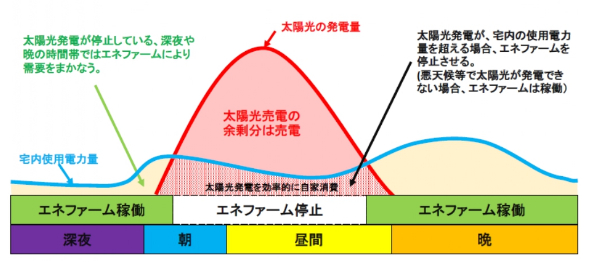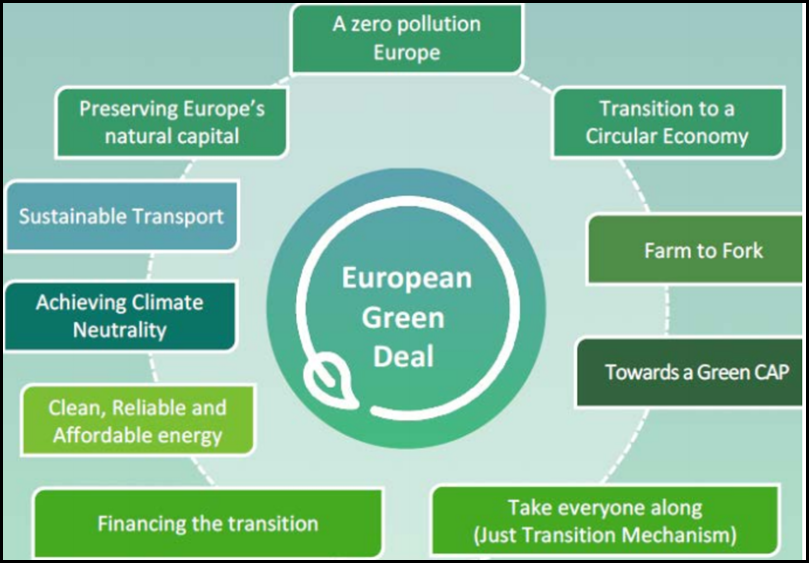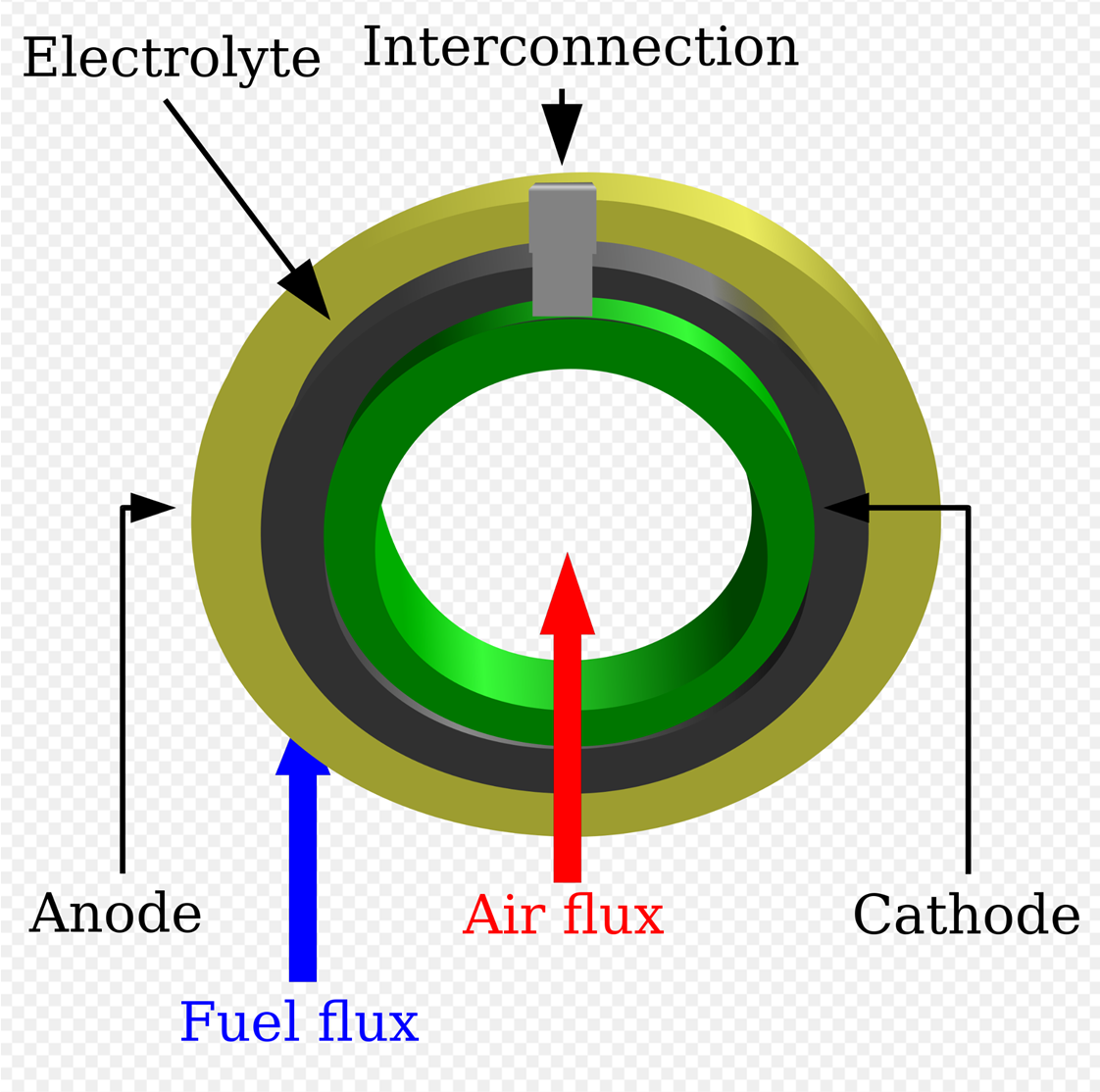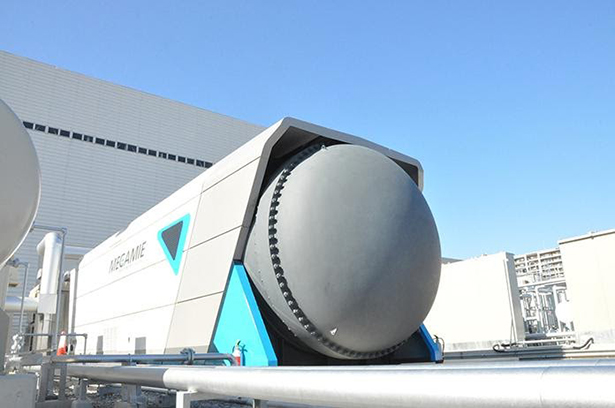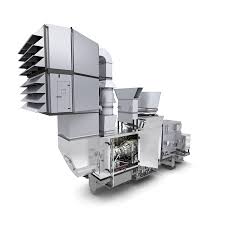Europe! (part 3)
The European Commission has added two building blocks to its burgeoning structure of economic and environmental policy initiatives. In separate communications on July 8, the EC announced An EU Strategy for Energy System Integration and A Hydrogen Strategy for a Climate-Neutral Europe. Together the two strategies present a practical pathway toward a sustainable energy economy.
